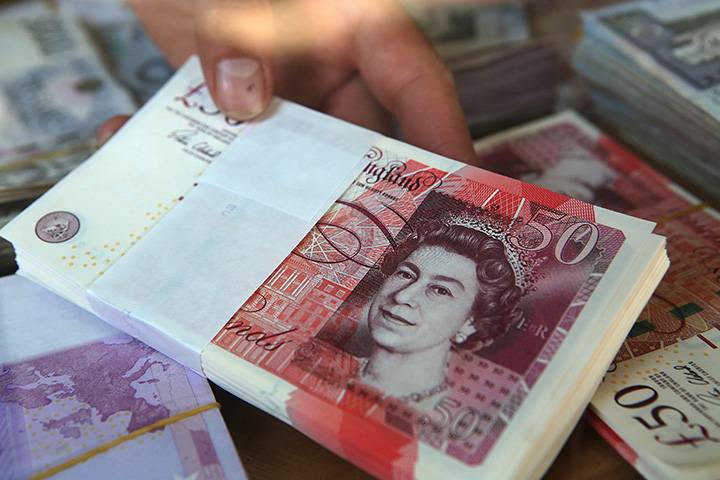UK Finally Slides Into Recession, Expert Expects Investors to Look Elsewhere
United Kingdom experienced its deepest economic recession on record in the second quarter of 2020, according to the Office for National Statistics (ONS).
This was coming shortly after the world’s fifth-largest economy exit the European Union in January.
The economy had contracted by 2.2 percent in the first quarter of the year when the negative impacts of COVID-19 were partially captured by the ONS.
In the second quarter, the report captured the complete impacts of COVID-19 on the economy in the second quarter and the entire first half of the year.
The report showed the United Kingdom’s economy contracted by another 20.4 percent in the second quarter, the deepest in the history of the nation.
A break down of the report revealed that the country’s most dominant sector, the services sector contracted by 19.9 percent in the second quarter. While the construction plunged by 35 percent.
This was followed by another 16.9 percent decline in the production industries that comprises of manufacturing, mining and energy provision.
Similarly, spending in the economy dropped with the lockdown that forced many people to stay at home during the quarter. Spending dipped by a quarter on weak retail sales and mostly idle factories and production sites.
While the economy contracted by 20.4 percent in the second quarter, the data reported a unique improvement in the last month of the quarter. The British economy expanded by 8.7 percent in the month of June, suggesting that the economy picked with the gradual reopening of business operations and activities across key sectors.
However, experts doubt the noticeable recovery would be enough to sustain the economy given the lack of COVID-19 vaccine.
“Whilst the economy grew 8.7% in June, which beat economic estimates, and confirms a recovery is now underway, the real test will be after the summer when there are no more national lockdown-easing measures to lift the economic spirits, more local restrictions are likely to be imposed and as significant programmes such as the furlough scheme which has protected jobs come to a halt,” stated Nigel Green, the Founder and Chief Executive Officer (CEO) of deVere stated on Tuesday in an email to Investors King.
“All of this creates ever more uncertainty in the UK economy.”
The CEO added that global investors are likely to initiate precautionary measures to protect their assets against potential fall in UK-based financial assets going forward.
Mr. Green said “UK and global investors will be becoming increasingly nervous of this worrying situation and can be expected to take precautionary measures to insulate themselves against a potential fall in the value of UK-based financial assets.
“A growing number inevitably and quite sensibly are likely to be looking to grow and safeguard their wealth by moving assets overseas through various established international financial solutions.
“The pace of this trend, I believe, will increase over the next few months as the issues intensify.”

 Forex2 weeks ago
Forex2 weeks ago


 Naira1 week ago
Naira1 week ago
 Naira4 weeks ago
Naira4 weeks ago
 Company News4 weeks ago
Company News4 weeks ago




 Naira2 weeks ago
Naira2 weeks ago
 Billionaire Watch1 week ago
Billionaire Watch1 week ago




 Naira3 weeks ago
Naira3 weeks ago




 Naira1 week ago
Naira1 week ago






















